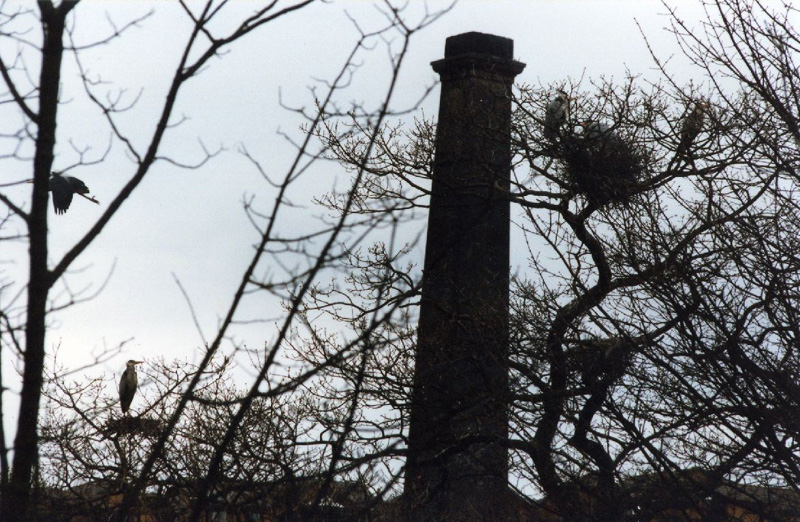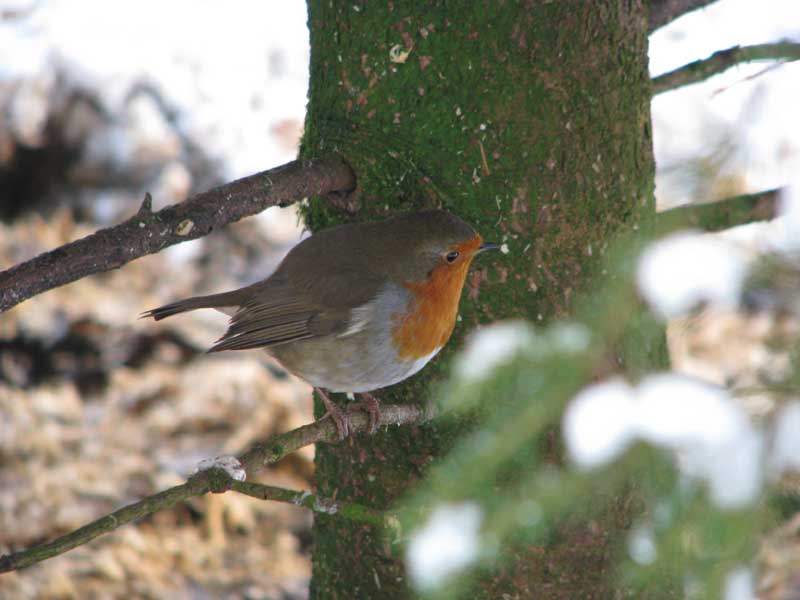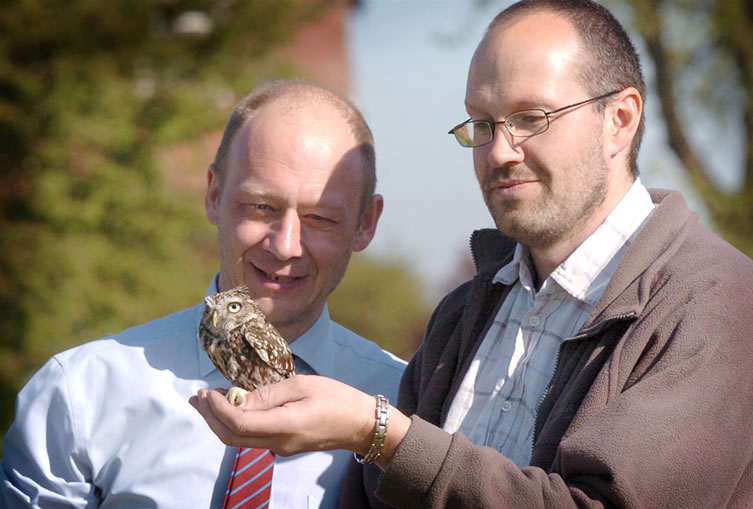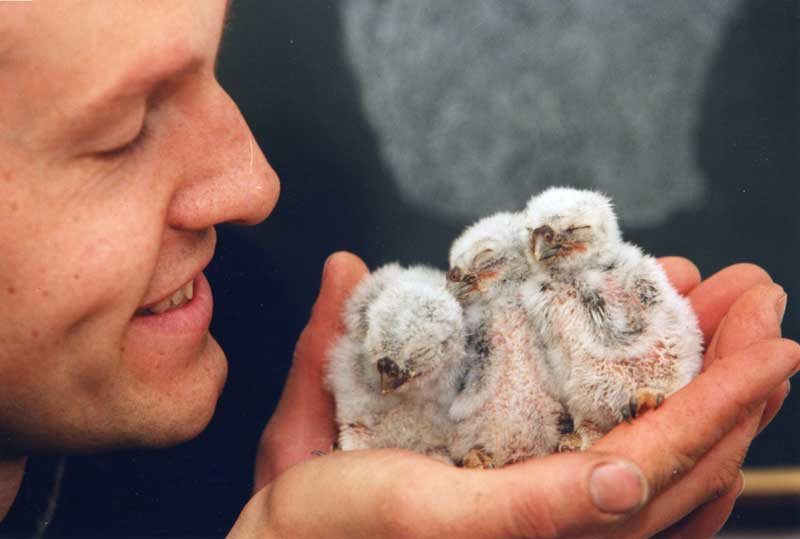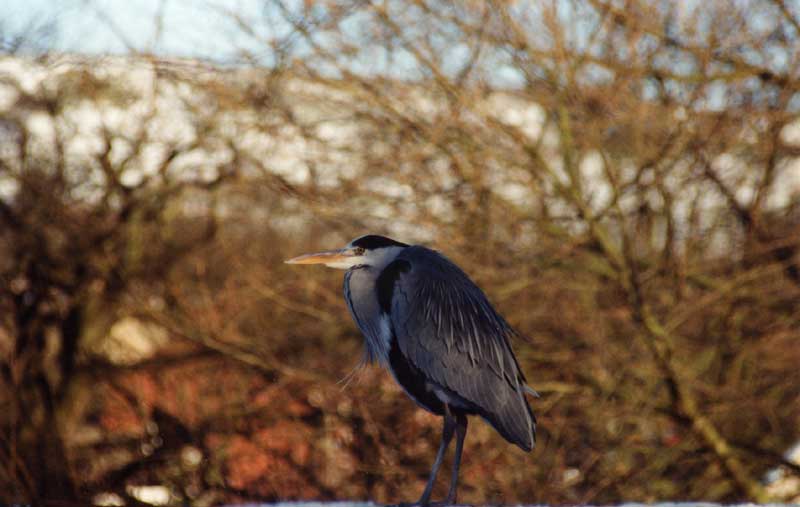







Finding local Rescue Centre
Searching for your local Wild Bird Sanctuary/Rescue Centre;
Whilst often there is a need to phone us directly for specific advice, or perhaps in an evening or weekend when the other sanctuaries are unstaffed, there are times when our phone is busy too (our Helpline is run by one person voluntarily, so you can imagine how busy that line gets at times taking calls from the whole of the UK and beyond).
Using a search engine (we’ll use Google as an example), type in the words “wildlife rescue” plus the town or county you are in. So for us it would be “Wildlife Rescue Lancashire”. You will find a number of sites such as UK Safari.com or Animal Rescuers.co.uk or helpwildlife.co.uk that will also help you out.
Please ensure that you speak to someone at the sanctuary/centre before you get there, to ensure…
1. They are able to take it in, and someone is onsite
2. They are “friendly” to the type of bird you are taking – not all sanctuaries treat pigeons and crows as equally as swans and owls (in the way that Three Owls has always done). We have always said that "A bird is a bird, and a life is a life - we do not differentiate."
Finally, remember that these organisations need donations to keep going, so please remember to leave whatever you can afford when you leave a casualty with them. If you can’t afford any money, ask what else they can make use of – you may just have something spare which will save them buying it!
Q&A
Q. I've found a racing pigeon, who do I contact?
A. If it's just landed in your garden/yard and is walking around, there may be nothing wrong at all. Often a young or tired bird will land short of its destination, and simply needs a rest and a drink before being able to continue on its way. Resist temptation to give it food, as this may confuse the bird which may in turn make it decide to live with you instead of flying home.
If the bird is sick or injured, you will easily be able to pick it up. (All racing pigeons are hand-reared and so are very used to human contact.) If you would rather not touch the feathers, simply drop a light coat or towel over it, and then pick it up in that. Whilst you have a good hold of it, spread out it's wings one at a time. in around 85% of cases you will find the owners telephone number stamped on the individual feathers under the wing. Occassionaly it may also be on a band on the birds leg. Failing that, ring the Royal Pigeon Racing Association on 01452 713529 and give them the details on the ring(s). There is now also the opportunity to report the bird online HERE.
It is very important that once reported, you keep the bird confined until collected.
Q. A bird has flown into my window and is lying on the floor outside.
A. This is quite a common problem, and can be solved either by drawing the curtains, or putting a hawk silhouette in the window. You will need to carefully pick the bird up, and put it on a towel in a box. It is rare that the bird will have broken anything, but will be very stunned and concussed. Depending on how hard the bird has hit the window, will determine how quickly it will recover. Around 80% of birds will make a complete recovery after enforced rest of at least 2 hours. It is very important that for the whole of the two hours, it is kept completely in the dark, in a quiet and warm (not hot) place. After the two hours, simply take the box outside and open the top; the bird should fly away.
If the bird IS injured, most breaks to legs and wings are easily mendable by your local wildlife/bird hospital, or an avian vet. An experienced rehabilitator may also be able to repair a broken beak, though this is far more tricky as to break a beak the bird will have sustained a head trauma, and each case would be judged on its merits for the birds' individual welfare. At Three Owls we have had some good successes with repairing broken beaks and are happy to offer guidance to experienced rehabilitators/vets on this procedure.
Birds are also frequently hit by cars; sadly the outcome of a high speed impact if often that the bird is killed instantly, or suffers such devastating injuries that survival is not possible. For lighter impact collisions where damage is minimal, treat for concussion as with window strikes and see how the bird fares.
Q. My cat has caught/keeps catching birds.
A. Firstly, it is unfortunately a natural instinct for cats to go after birds. However, there ARE things we can do to minimise the risk of the two species clashing;
If you feed the birds in your garden/yard, make sure there is not somewhere for the cat to hide close-by. if you are limited with space, only put a small amount of food out at any time, and keep your cat in until it has been eaten up.
If you have a larger space, but need to feed under a tree or bush to protect the smaller birds from sparrowhawks, get an orange (or other citrus fruit) and cut it into 5 or 6 pieces. Scatter these around where you want to feed and in around 90% of cases, the cats will stay away (they don't like the smell). The pieces will continue to work for around 5-6 weeks.
If your cat is a fierce hunter and nothing you do will curb that instinct, then unfortunately the best thing you can do is not feed the birds at all. In this way, it will stop attracting the birds into the danger zone where the cat will catch the unwary.
Q. There's a baby bird in my garden that can't fly - what should I do?
A. If it's a baby blackbird, thrush, wren, or robin; then it's quite normal for you to find these out of the nest hopping around on the floor unable to fly. These birds actually leave the nest a full FIVE DAYS before they can fly properly. During this time, they will still be being fed by their parents, whilst they very quickly learn all about the dangers of the big world outside the nest.
If there is no cat problem, then simply leave them in the garden where they can shelter in/under the bushes to keep them safe from other birds and animals. If you DO have cat issues, then you will be quite alright to gently pick the bird up and place it in the nearest conifer tree - which cats find hard to climb, but the bird will make it's way up the middle and it's parents can easily find it and continue to feed it.
If neither of the above options are viable, PLEASE contact us for advice, as there are always options available which are specific to the situation you find yourself in.
If you find a baby owl (owlet) at the bottom of a tree or building it is ESSENTIAL to determine what species of owl it is. This is because Tawny Owls and Little Owls will feed their young anywhere but baby Barn Owls will die unless they are returned to the nest. Click here to identify the owlet Most young Tawny Owls are perfectly OK and will climb back into the tree by themselves the following night. Should you find one on a public footpath and in danger from dogs/walkers/cyclists, simply place it on the highest reachable branch of the nearest leafy tree (facing away from the path), again, it will be found by its parents the following night and encouraged back up the tree. It doesn't have to be the same tree as the nest is in. There's no need for you to give it food or a drink, as it's important that it is hungry the following night. (Owls rarely drink as they get all the moisture needed from their food). If you suspect that a baby Tawny Owl is starving or injured, or if you find a baby Barn Owl, please refer to the excellent information sheets produced by the Barn Owl Trust. What to do if you find a young Tawny Owl and What to do if you find a young Barn Owl
Q. I've found a baby wild bird, but I'm not sure what species it is, or how best to help it?
A. There is a wonderful guide on the following site which identifies the common species you are likely to come across; Baby Bird Identification
If 'your' bird isn't on this site, you can email us a photo of it and we will identify it for you along with appropriate advice for its care and welfare.
Q. Years ago I brought a bird to Three Owls and had a look around the Sanctuary; can I still do this?
A. Sadly there is not currently the facility for general access to the Reserves, unless we have an event on such as tree planting or pond digging. The Home Reserve is undergoes it's winter maintenance programme in the only 10 weeks of the year (autumn/wintertime) before nesting starts again each January which lasts 9 1/2 months of the year, and access at this time is strictly limited. The Three Owls Wood, and Three Owls Meadow Reserves are just becoming established and wildlife starting to settle on the Reserves on those two sites, so we have to be very careful not to disturb them and cause repercussions for the future - remember; as always "the birds must come first". The best way to keep up with developments is to regularly visit the website and read the latest news updates. Access to the Field Reserve and Watermeadow Reserve would have to be through Knoxwood Wildlife Rescue Trust who manage those two reserves for us.
More hints and tips are available on our Advice page.
If you are at all in any doubt, please contact us for further advice.
ADVICE
Wild Bird Advice and information
Many people would help birds more, if they knew simple easy ways in which they could help wild birds, without going to too-much extra trouble. Often there are ways to help – that don’t actually ‘cost’ anything at all, but can make a huge difference to making birds welcome and safe in the environment around us.
CITRUS FRUIT SAVES BIRDS LIVES
One of the main causes of bird injuries (espec
LATEST NEWS
-
Spring!!
So the Snowdrops are nearly over but what's this? So exotic arn't they but it is a British wild flower, and one you can
February 26, 2026 -
Happy New Year 2026
May I wish you all, a very Happy New Year for 2026; let us hope it brings us good health, happiness and prosperity. So
January 1, 2026 -
Trees for the birds
May I wish you all a very Merry Christmas, and thanks to you all for your continued support throughout 2025; it has been
December 24, 2025 -
Help us to keep out the cold too...
Despite the relatively mild weather of late, it is important to keep up the feeding of the wild birds which live around
December 5, 2025 -
Winter work
I made a start on the winter wood work today at the Three Owls Wood. It's not possible to see whats going on in the grow
November 26, 2025
